Many manufacturers underestimate how quickly water ingress can lead to motor rust and cascade into costly performance failures. When moisture penetrates seals or housing, it does more than cause superficial corrosion—it actively damages the core electrical and mechanical components that drive your device. In this article, we’ll explore the mechanisms behind water ingress and motor rust, why this issue is often overlooked, and what manufacturers can do to prevent long-term damage.
Water ingress describes any unintended infiltration of moisture into a device’s interior. This can occur through:
When moisture reaches the motor assembly, several problems emerge:
Recognizing the symptoms before failure occurs is critical. Watch for:
Water ingress leading to motor rust is more than a maintenance nuisance—it’s a reputation risk:
Mitigation starts at the design stage. Effective strategies include:
Even with robust design, end-user handling plays a major role. Manufacturers should educate clients to:
Clear instructions can help prevent avoidable damage and improve long-term satisfaction. Company web: https://www.powsmart.com/product/electric-toothbrush/
Water ingress might seem like an occasional inconvenience, but when it progresses to motor rust, the consequences are often terminal. For B2B customers and high-volume users, the expectation is clear: consistent, reliable performance over the product’s entire lifecycle. Proactive sealing, smarter materials, and clear maintenance education can help ensure your devices stay rust-free—and your reputation stays intact.Contact us
.jpg)
.jpg)
.jpg)
Can Waterproof Seal Cracks Lead to Charging Port Corrosion?
.jpg)
How Do Travel Lock Jams Connect to Mode Switch Lag?
.jpg)
Health Wellness Corporate Gifts Supplier | Employee & Client Wellbeing
.jpg)
Seal Degradation Leading Bacterial Regrowth – Preventable?
.jpg)
ADA Approved Electric Toothbrush Chicago
.jpg)
Bulk Rechargeable Electric Toothbrushes for Hotels
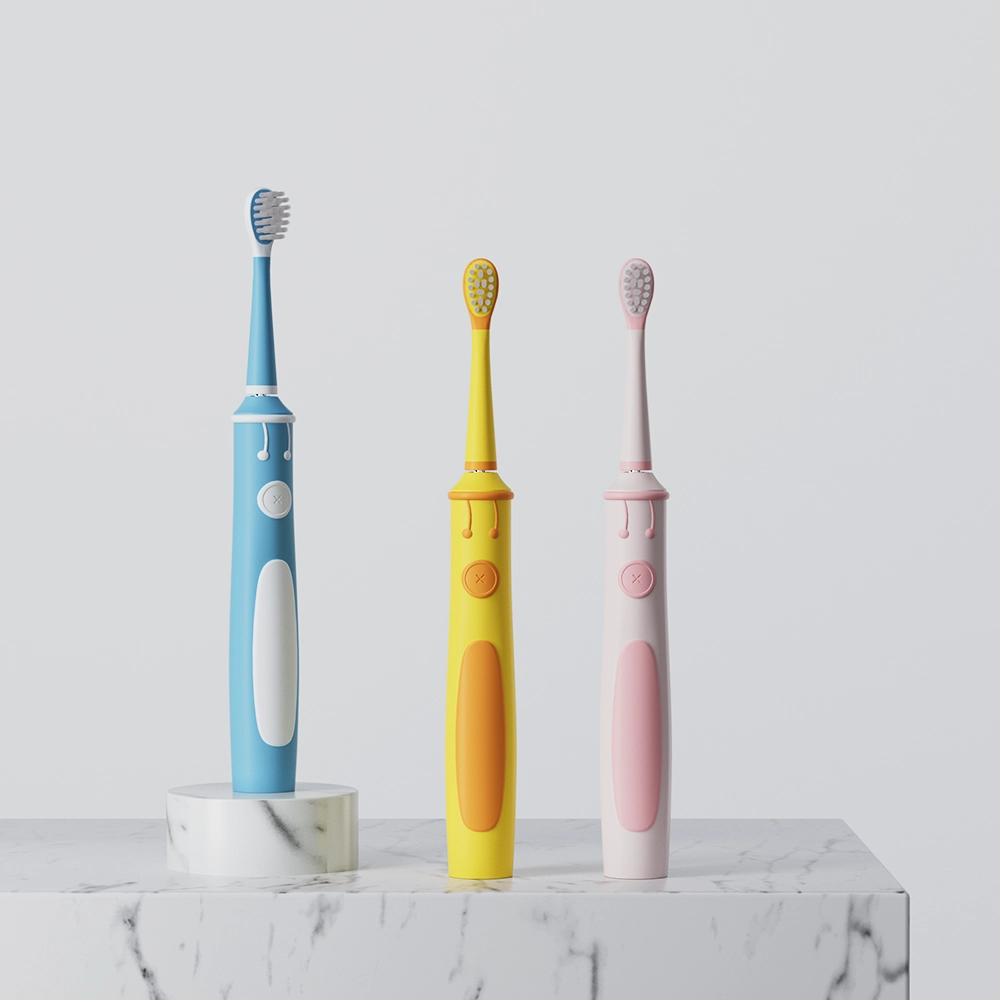
Pros and Cons of Silicone Electric Toothbrushes

Five Key Points in Quality Control of Blue Light Teeth Whitening Device: How to Ensure LOW Defects in Products?
.jpg)
Houston Pressure Sensor Toothbrush – Protect Your Gums with Powsmart
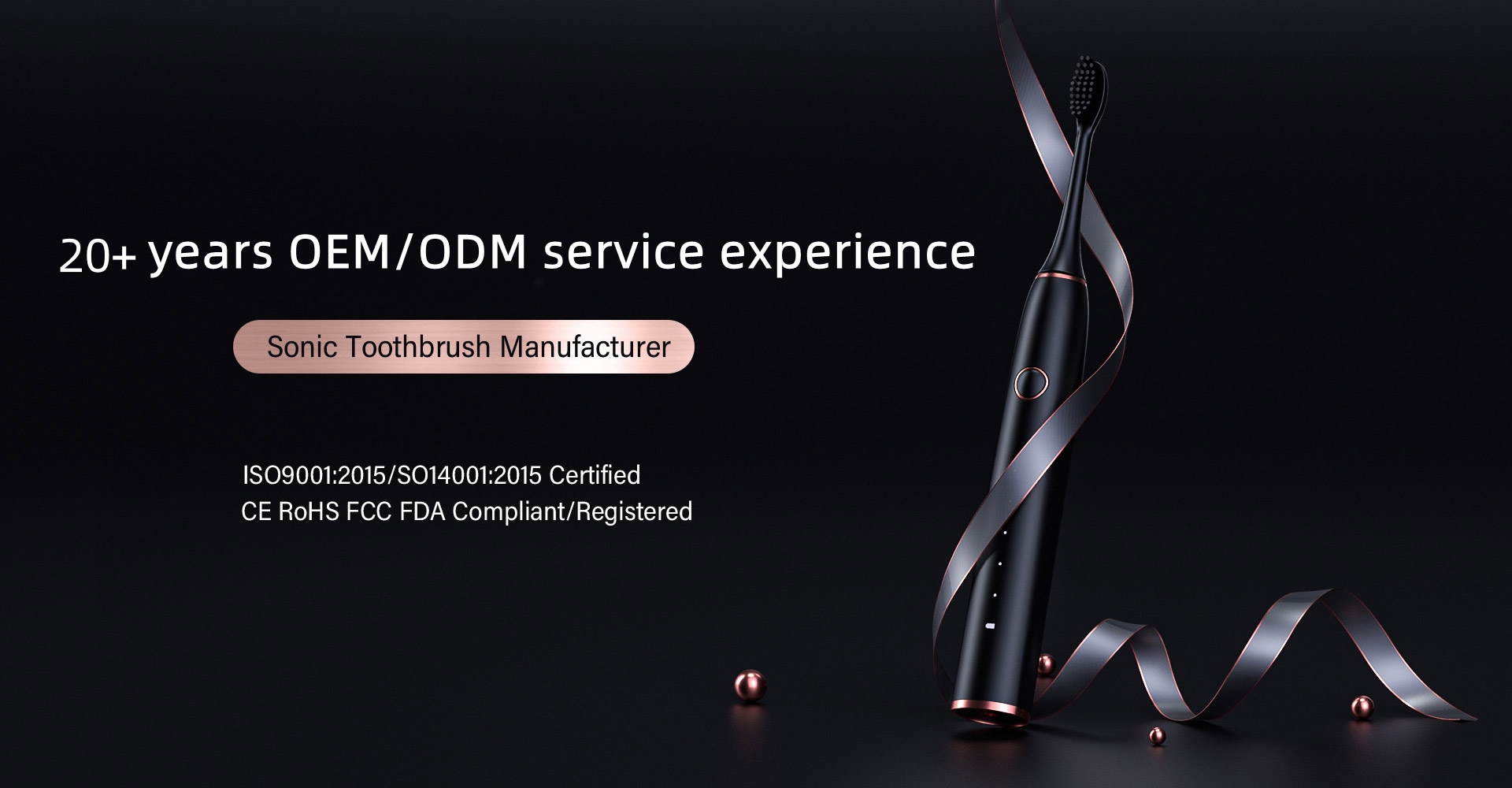
How to Choose Professional Electric Toothbrush Factory Customization Service?
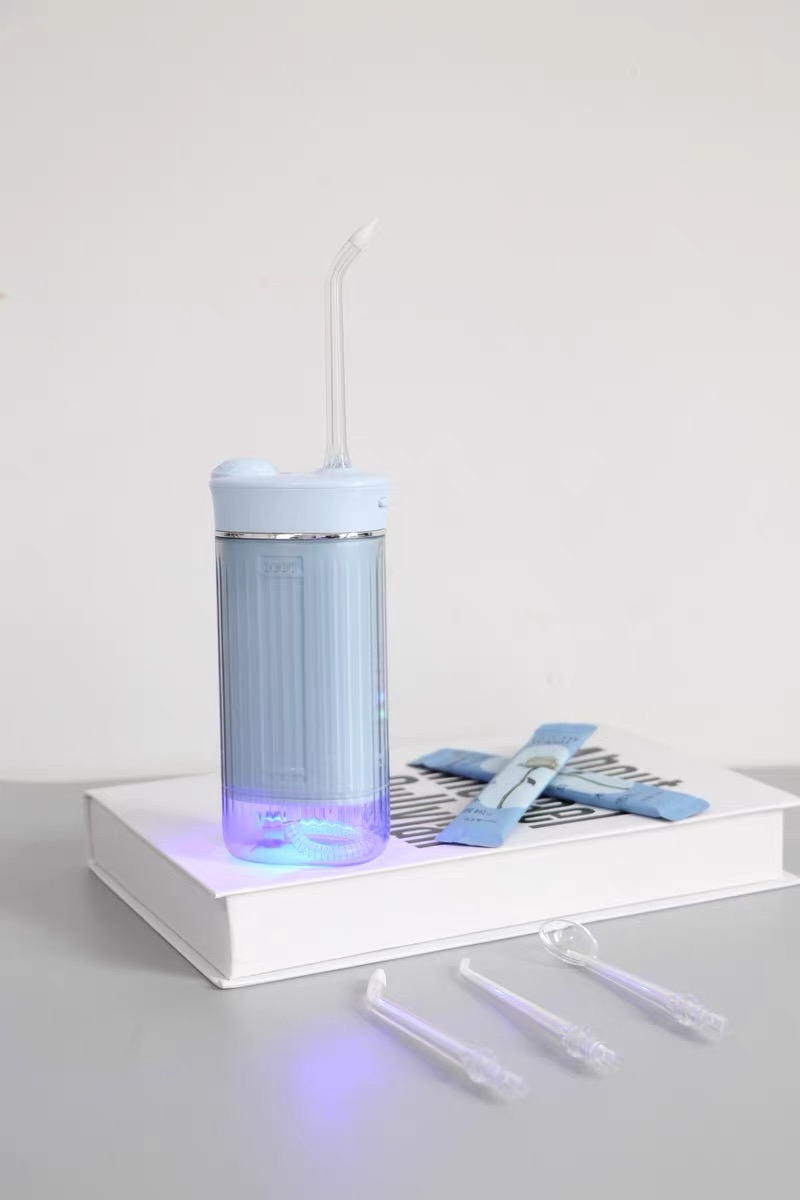
Seeking Bio-compatible Housing Material with Non-slip Grip Texture for Your Toothbrush?

OEM Considerations for Battery Technology in Electric Toothbrushes
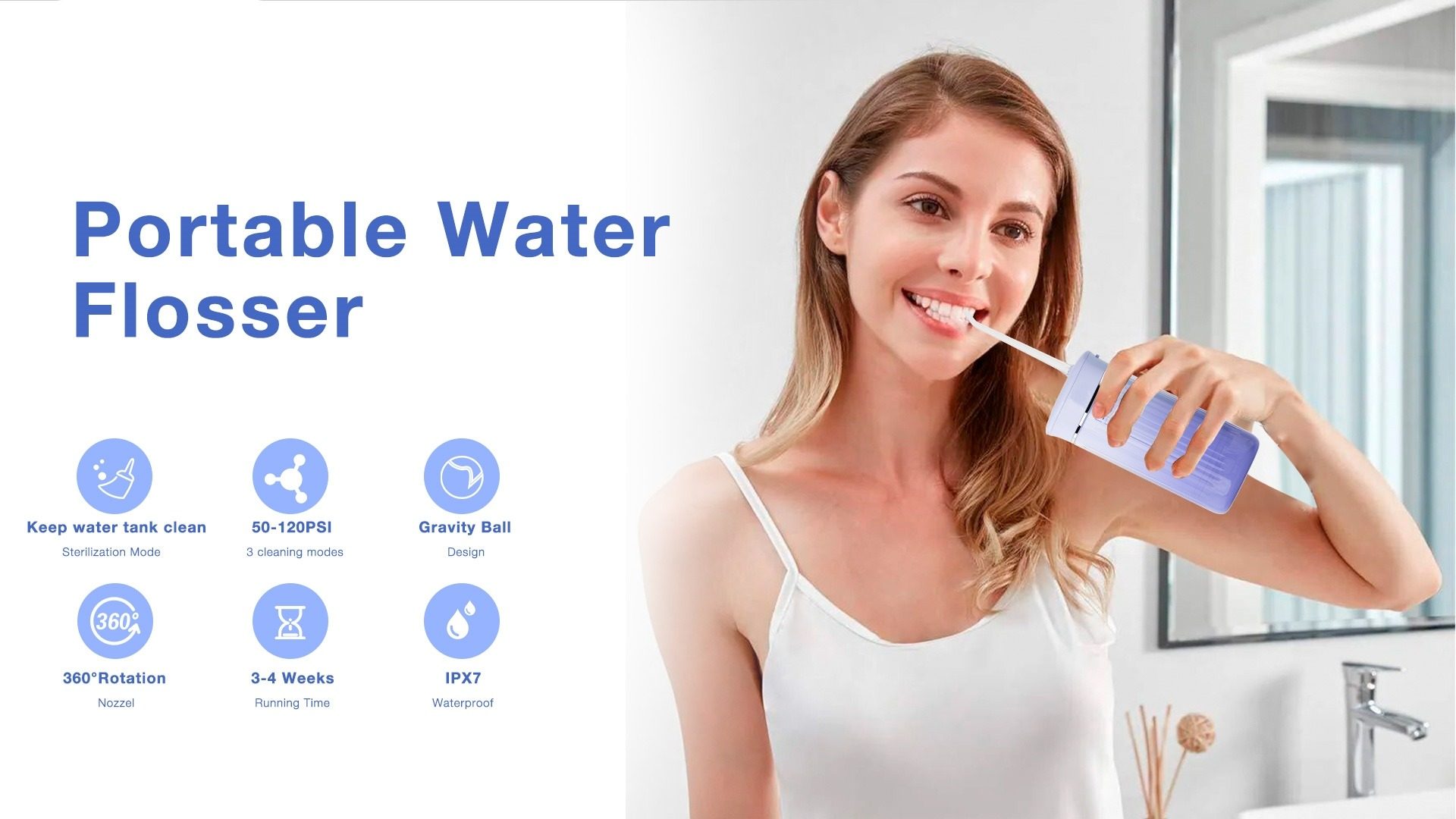
Key Questions to Ask Before Communicating with Cordless water flosser supplier
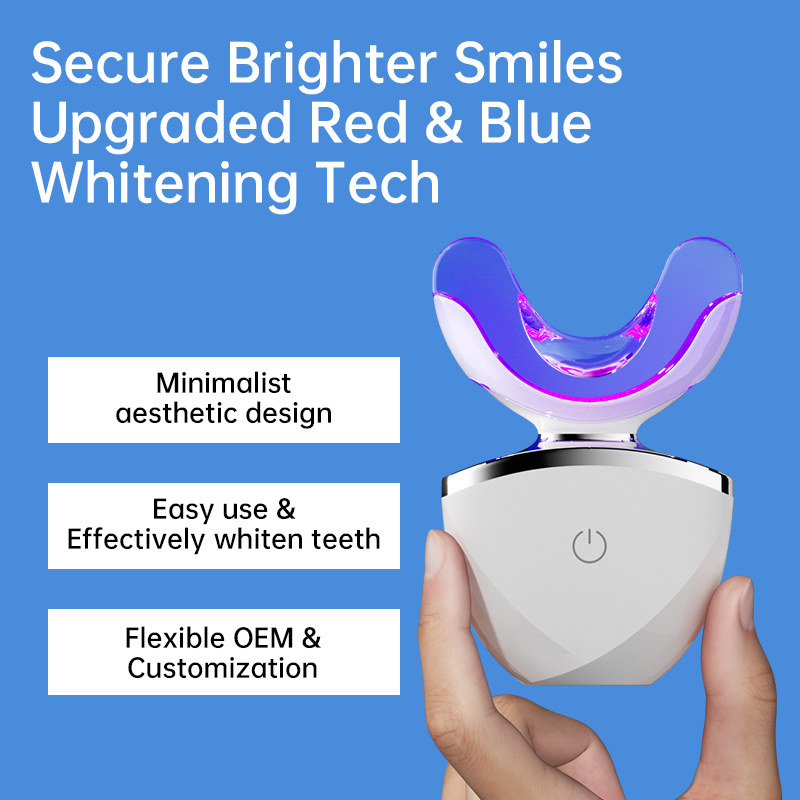
Is a Smart Timer Whitening Kit the Ultimate Upgrade for At-home Whitening Kit Effectiveness?
.jpg)
How often should you change your brush head for optimal cleaning?
.jpg)
Portable Teeth Whitening Pen Supplier – OEM/ODM Private Label Solutions